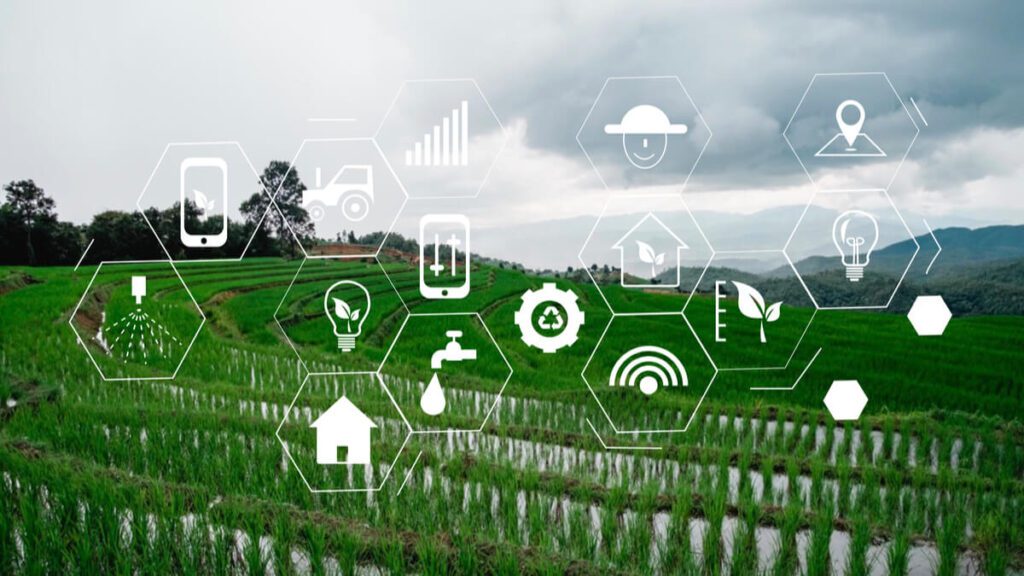IoT: Tackling the global challenge of food waste

According to the Global Food Losses and Food Waste study, approximately 1.3 billion tons of food produced for human consumption gets lost or wasted per year. When such unfathomable quantities are discarded of in spite of global malnutrition and hunger, we realize the urgency of attaining a sustainable food saving solution.
Emerging technologies like AI and IoT are playing an increasingly essential role in solving the issue of food waste. These tools can facilitate the collection and storage of valuable information for important decision-making, made possible by tracking food production in real time.
Regulating farming produce conditions
After harvest, selection, and packaging, IoT can help decide how long produce has before it spoils based on real time monitoring.
The technology will enable farmers to gather a significant amount of information that can be analyzed by AI-based algorithms to identify which type of produce has the highest risk of contamination without additional care. The data provided by IoT helps famers develop more stringent procedures to achieve better control of their management process.
Better traceability systems
We are all becoming more interested about the foods we consume and where it comes from, especially with the diversification and accessibility of global food markets.
An IoT- database allows us to track where produce comes from, how it was transported and what kind of environmental conditions it has been subjected to. This increases buyers’ confidence in the long-term.
IoT helps one to track food along the supply chain and provides valuable insights and information to food suppliers for better food safety standards and more transparency.
Reduce food waste at home
Households account for the largest portion of all food waste; ReFED estimates that US households throw away 76 billion pounds of food per year.
How can IoT solve this problem? The technology plays an important role to mitigate food waste in households by offering widespread solutions such as smart refrigerators, smart fridge cameras, food containers with smart tags, and smart trash cans.
When adopting these solutions, consumers can check the content of their refrigerators, track food freshness, and keep a record of their trash. This way, they are able to know the exact needs of their households and avoid buying excessive quantities from the supermarket.
